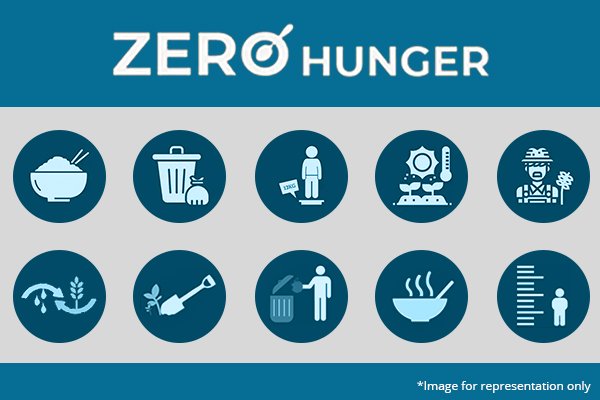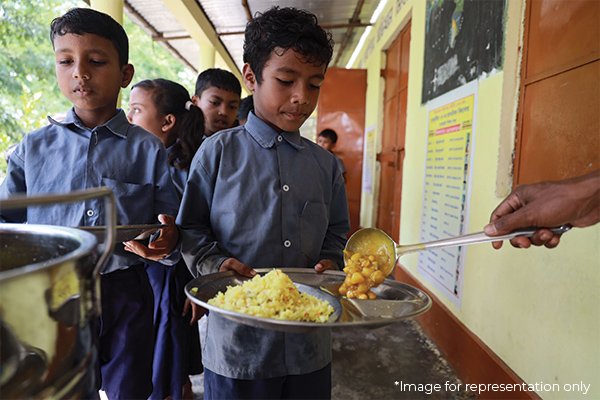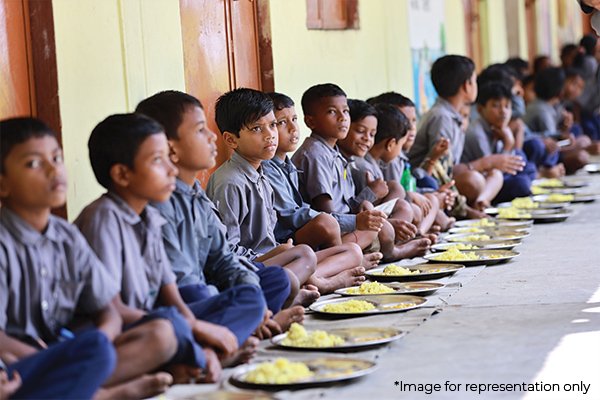A journey towards Zero Hunger
Making the world a better place to live has always involved fighting hunger. In the present situation, hunger is the main problem globally. With the world recovering from a paralysing pandemic, hunger has emerged as one of the most important and pressing problems. To make it easier to achieve Zero Hunger globally, food insecurity needs to be addressed right away and in the right way.
Despite many developments, we neglect severe poverty and hunger-related problems plaguing the world. Most people go to bed on an empty stomach while others enjoy a costly dinner and a privileged lifestyle. To address the case for achieving Zero Hunger worldwide, this heartbreaking issue requires the primary attention.

What causes hunger
Despite the fact that the nation has been food secure for the past ten years, patterns of food demand are shifting due to economic growth and changing demography. The issue is even more difficult in India because the food basket varies from region to region. Designing and creating more effective integrated systems of food production, processing, preservation and distribution is becoming increasingly important in order to meet the changing dietary preferences of the country.
Due to inadequate cold storage and warehousing, India loses around 7% of its yearly food production due to insufficient processing and storing facilities. Developing nations could conserve a lot more food if they had refrigeration facilities on par with developed nations.

Why achieving Zero Hunger is crucial
India has experienced rapid changes and development in the past 20 years. Even though the country has had remarkable industrial and economic growth and generates enough food to serve its whole population, it is unable to feed a large number of people and achieve its goal of having Zero Hunger.
India undoubtedly produces enough food to feed its population, but challenges in the supply chain hinders the distribution process. Due to this, many people, especially children, lack proper access to food and therefore, are vulnerable to malnutrition. Additionally, the lack of resources keeps people in poverty and does almost nothing to stop a never-ending cycle of malnutrition-related issues.
Given all the circumstances, eliminating hunger in India should be our top priority in order to end the problem permanently.
Apart from the government, some NGOs have provided comfort and sustenance to those who struggle with hunger. NGOs address hunger and malnutrition by taking a direct and indirect approach through various initiatives.
To identify and subsequently address the problem of hunger in India, NGOs create and implement nutrition programmes, work on health systems with various government authorities and even collaborate with healthcare professionals.

Since the intervention of NGOs in the matter, there have been exemplary improvements and sustained attempts to address India's hunger issues. Besides organisations like the UN World Food Prorgamme (WFP), charities like The Akshaya Patra Foundation, Rajasthan Bal Kalyan Samiti, Isha Foundation, etc., have been working towards decreasing hunger rates. Though there is still some distance to cover, the good work of NGOs will be enable us to combat hunger in the next few years and contribute to our collective pursuit of Zero Hunger.